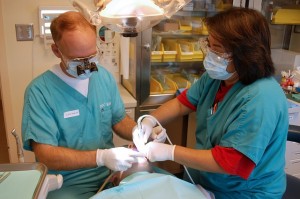
Graduating medical school is both the proudest and most financially terrifying experiences in a young doctor’s life. After investing so much time and money into medical school you’ve earned the right to be called a doctor, but now what? It’s time to begin your residency and start receiving pay for your years of hard work and dedication. Coping with your debt can be overwhelming, especially when you find out that you don’t instantly become rich upon graduating. You have to work hard and put in a lot of hours to become a successful doctor. However, there are some tips to follow if you want to properly manage your debt and finances as you transition into residency.
Tips to Become Financially Prepared for Residency
Income
One of best things about becoming a resident is that you finally get paid for your work. The first step is to determine how often you will be paid: weekly, bi-weekly, or monthly. This way you can allocate funds into a savings account specifically for your monthly student loan payments.
Terms of the Loan
To properly save and pay your student loans, you’ll have to learn the terms and conditions of the loans. By understanding the terms, you can set up your monthly payments in a way that you pay less for insurance over time.
Loan Payment
Organization is fundamental, so you should create a system that keeps track of all your loan and payment information. There are thousands of free Excel templates that can help you accomplish this goal.
Insurance
Next you’ll want to account for the various insurance expenses, such as disability, accidents, and malpractice) that is needed for your new profession. You can speak to other doctors or hospital administrators for advice.
Budget
Once you have all your major expenses and a loan payment system in place, you’ll need to start budgeting your money. Again there are a number of different Excel templates to help you organize your loans, rent, mortgage, insurance, etc.
Goals
Finally, it’s not enough to just get by, you have goals for the future and you should have a financial plan to meet those goals. Your savings account should be your number one priority. Having a safety cushion to rely on will also relieve the stress associated with transitioning into residency.\
Hats Off to You
You’ve worked hard to become a doctor, so don’t let the small things bring you down now. By having a financial plan you can achieve the major goals in your life beyond residency.
